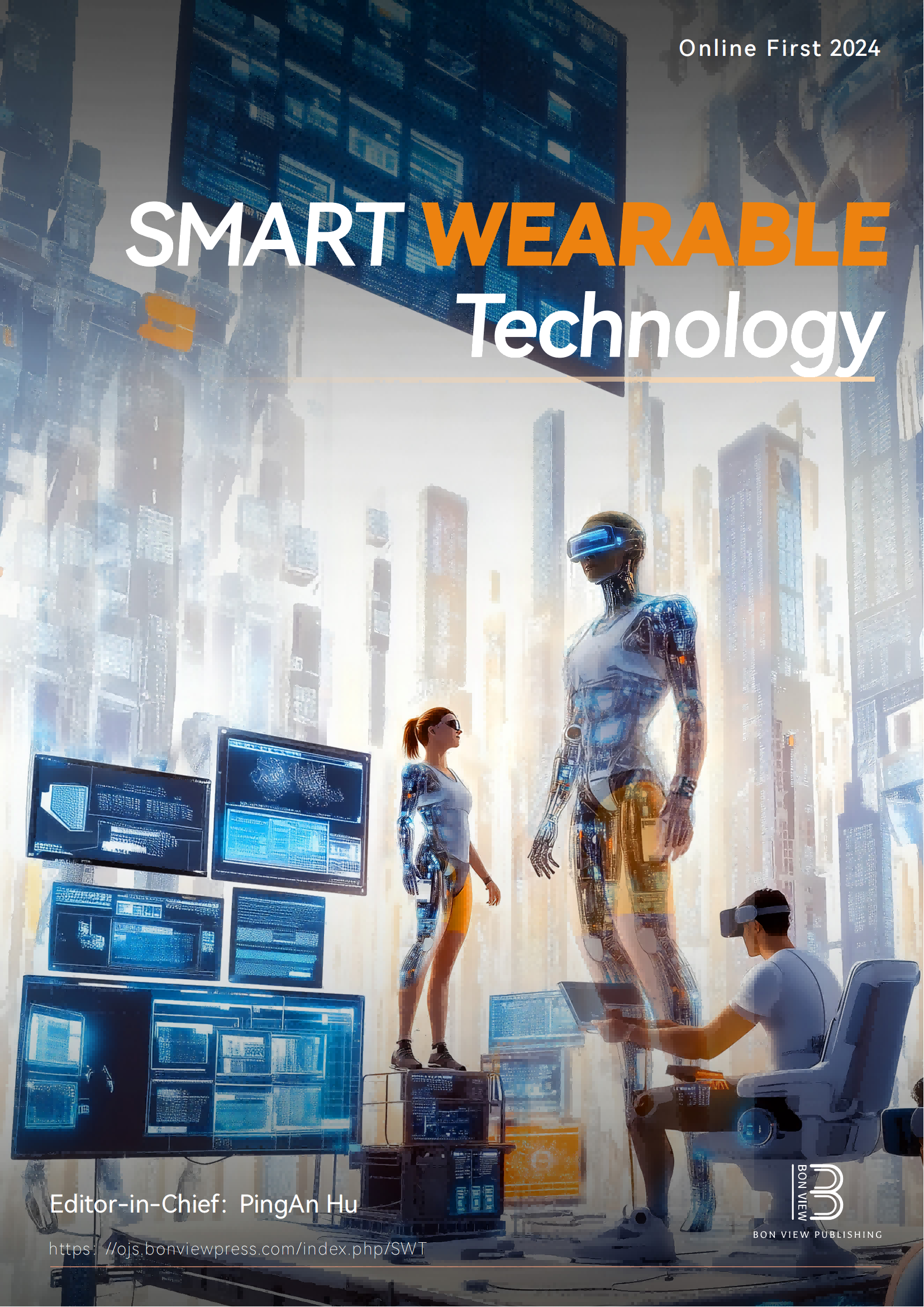Wearable and Portable Electric Taste Device and the Characterization of the Electrical Taste Sensations Produced
DOI:
https://doi.org/10.47852/bonviewSWT52025049Keywords:
virtual taste, digital taste, taste characterization, taste receptors, electrical stimulation of taste, taste communicationAbstract
This paper introduces a wearable and portable computer interface designed to produce virtual taste sensations on the human tongue without the use of chemicals. The device achieves this by delivering electrical stimulation, and the intensity and type of taste sensations can be adjusted by modifying parameters such as frequency, duty cycle, and voltage intensity of the output signal. Our study demonstrates that this compact system can reliably evoke statistically significant sour and salty taste sensations, with over 50 participants also reporting experiences of spicy, bitter, metallic, electric, and pressure sensations. Increased voltage amplitude resulted in more intense sensations, while lower duty cycles produced lingering cold feelings, and higher duty cycles generated pressure and discomfort. Interestingly, the intensity of metallic taste sensations remained consistent across varying duty cycles and frequencies. This research highlights the potential of wearable digital taste technology to revolutionize virtual sensory experiences, opening new opportunities for applications in immersive media, health, and entertainment.
Received: 20 December 2024 | Revised: 13 February 2025 | Accepted: 05 March 2025
Conflicts of Interest
The authors declare that they have no conflicts of interest to this work.
Data Availability Statement
Data are available on request from the corresponding author upon reasonable request.
Author Contribution Statement
Adrian David Cheok: Conceptualization, Methodology, Software, Validation, Formal analysis, Investigation, Resources, Data curation, Writing – original draft, Writing – review & editing, Visualization, Supervision, Project administration, Funding acquisition. Emma Yann Zhang: Conceptualization, Methodology, Software, Validation, Formal analysis, Investigation, Resources, Data curation, Writing – original draft, Writing – review & editing, Visualization, Supervision, Project administration, Funding acquisition.
Downloads
Published
Issue
Section
License
Copyright (c) 2025 Authors

This work is licensed under a Creative Commons Attribution 4.0 International License.


